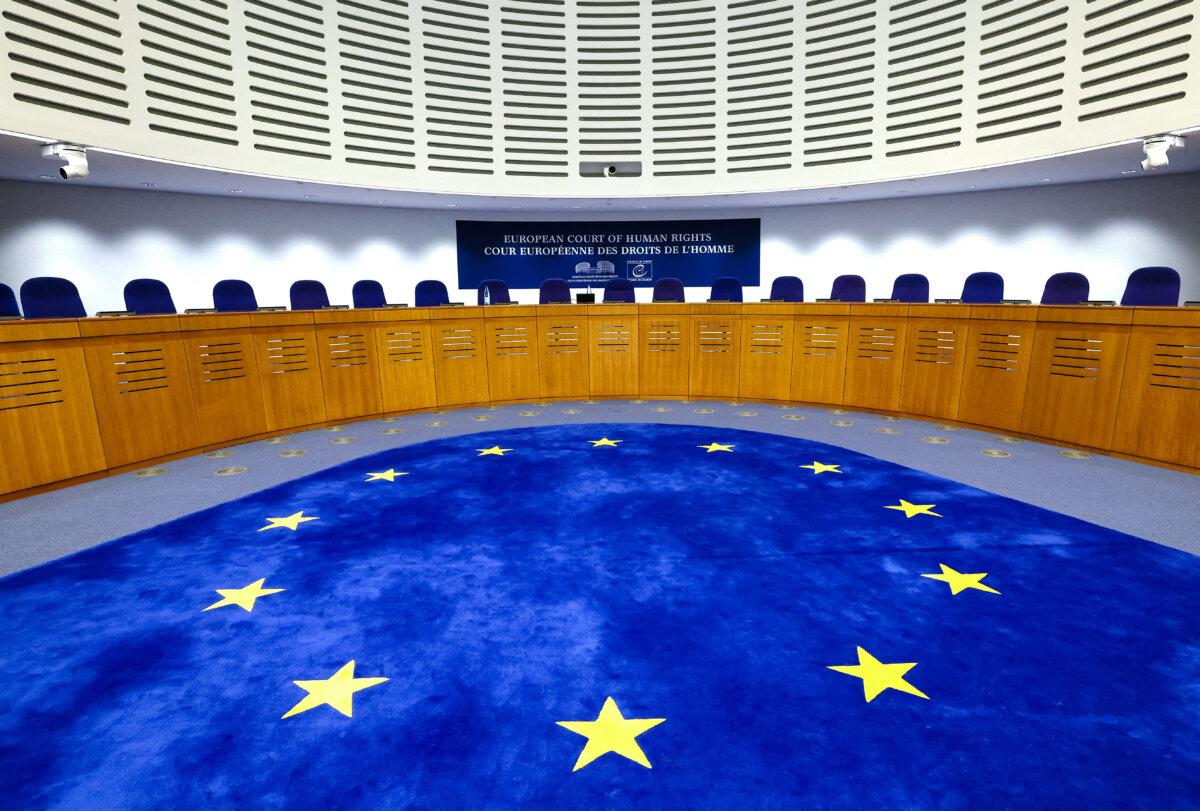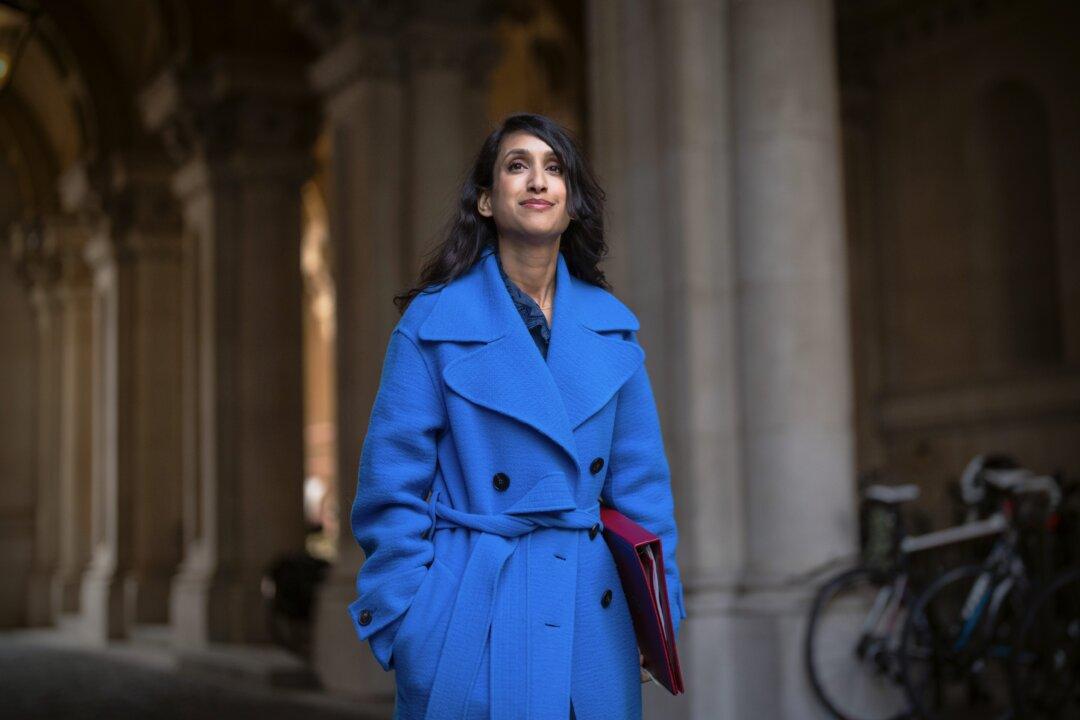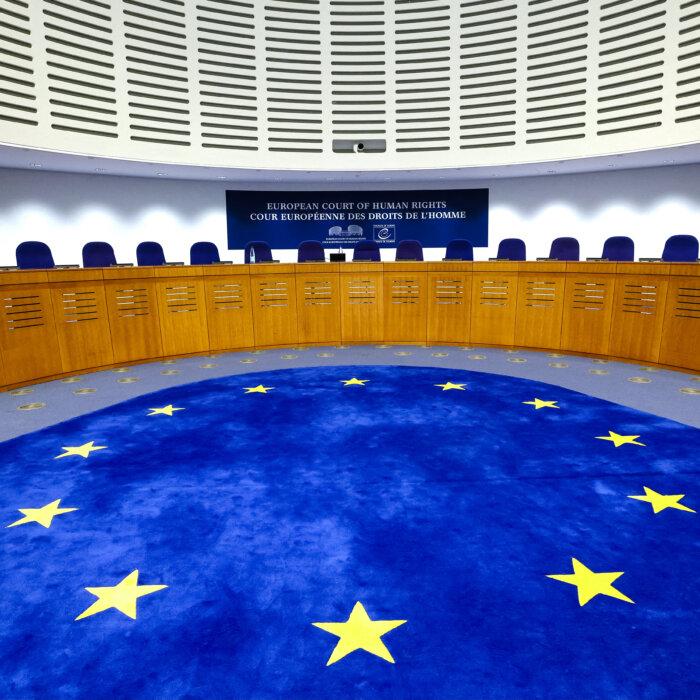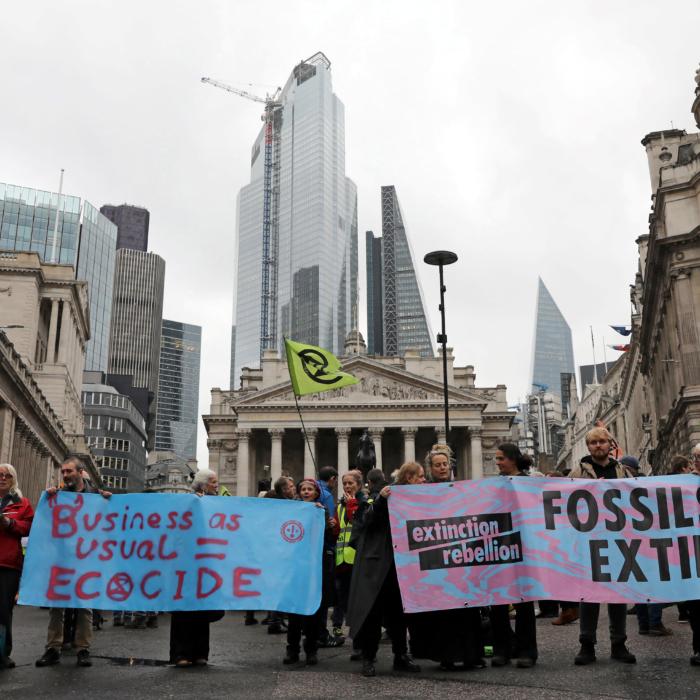The UK’s net zero minister has expressed concern over the impact of a European Court of Human Rights (ECHR) ruling that suggests governments would violate human rights if they do not address climate change.
On Tuesday, the ECHR ruled that the government of Switzerland violated the human rights of its citizens by failing to take sufficient action to protect them against climate risks.
Reacting on the social media platform X on Wednesday, Secretary of State for Energy Security and Net Zero Claire Coutinho wrote: “I’m concerned by the Strasbourg Court decision.
“How we tackle climate change affects our economic, energy, and national security. Elected politicians are best placed to make those decisions,” she added.
Implications
The landmark ruling from Europe’s highest human rights court, to which the UK is bound, has implications in terms of net zero policy against future lawsuits.The ruling found that Switzerland did not give sufficient protection to the group Senior Women for Climate Protection. The group, which has an average age of 74, argued that older women are most vulnerable to extreme heat, and claimed that this is happening more frequently.
The court said the country “had failed to comply with its duties” to combat climate change and meet emissions targets.
The group had argued that the 1950 European Convention on Human Rights contains language specifically obligating governments to protect citizens from the harmful effects of climate change.
Article 8 of the convention describes the right to respect for an individual’s private and family life, as well as their home and personal correspondence.
The women’s group argued such rights entail not to have one’s personal life impacted by climate change and create an obligation for convention member nations to ensure that right.
Green Agenda
Researcher Ben Pile, who runs the campaign group Climate Debate UK, told The Epoch Times that the “climate agenda requires governments to subordinate themselves to intergovernmental agencies.”“Coutinho rightly states that ‘elected politicians are best placed to make those decisions,’ but the fact that the climate agenda requires governments to subordinate themselves to intergovernmental agencies and supranational organisations has been a known fact of the green agenda for 40 or more years,” he said.
He said that the climate agenda “has always required the suspension of democratic politics and the subjugation of national governments because people will not vote for their immiseration.”
The UK’s Climate Change Act 2008 requires the government to set a legally binding target of net zero greenhouse gas emissions by 2050.
The government is currently facing legal challenges over its net zero policies, with naturalist, BBC presenter, and campaigner Chris Packham challenging the government’s decision to delay phasing out motor vehicles and gas boilers.
“The UK government, including the Conservative government of which Coutinho is a member, has been among the most active governments in advancing that agenda. What did she think she was doing?” said Mr. Pile.

Harry Wilkinson, head of policy at Net Zero Watch, told The Epoch Times that the ECHR ruling was “dangerous.”
“Claire Coutinho is right to be concerned about this dangerous ruling from Strasbourg. Climate policies, just like any other, should be debated thoroughly by elected representatives,” he said.
Breaching ECHR
It adds to an ongoing debate over the UK’s relationship with the European Convention on Human Rights, which, to date, has been more focused on immigration.Prime Minister Rishi Sunak last week threatened to leave the convention if Rwanda flights continue to be blocked, saying that controlling immigration is “more important” than membership of the convention.
Under the government’s plan, eligible illegal immigrants will be sent to Rwanda, where they will be granted asylum or allowed to settle via other routes.
In January, ECHR President Siofra O’Leary suggested that the UK could be breaching international law if it ignores injunctions issued by the court.






